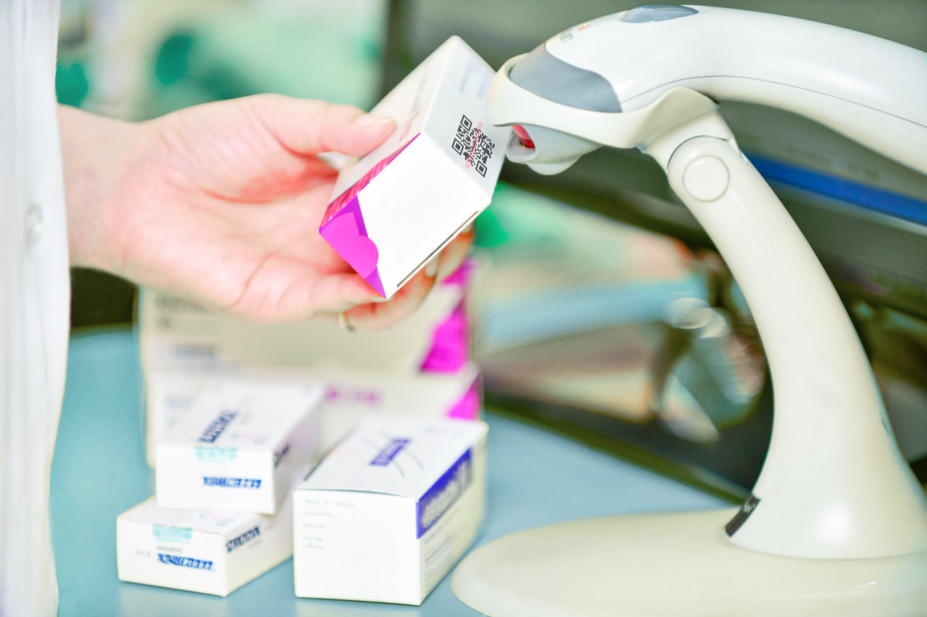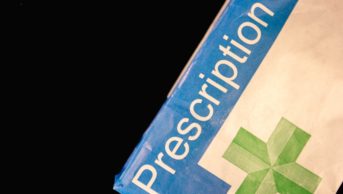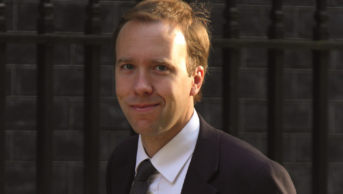
Alamy Stock Photo
Members of the House of Lords have warned that proposed legislation for a UK version of the Falsified Medicines Directive (FMD) “considerably broadens” how medicines data collected through the system would be used.
The FMD is an EU directive that came into effect on 9 February 2019, requiring UK pharmacies to register with SecurMed and have hardware in place to scan 2D barcodes that must feature on all new packs of prescription medicine sold in Europe as a safety measure.
The MHRA said that the FMD will cease to apply in the UK if there is a no-deal Brexit, because UK pharmacies will no longer have access to the database that holds FMD information.
But the Medicines and Medical Devices Bill aims to incorperate some EU directives into domestic law and address any regulatory gaps that could occur after Brexit.
The proposals, set out in Clause 3 of the Medicines and Medical Devices Bill, would enable provisions to be made for “the use, retention and disclosure, for any purpose to do with human medicines, of information collected for the purpose of preventing the supply of falsified human medicines”.
However, during the second reading of the Bill in the House of Lords on 2 September 2020, Lord Clement-Jones described the measures as “legislative creep” with regard to how any such data could be used.
He said the clause “considerably broadens the original data-collection provisions of the Falsified Medicines Directive”.
Describing data as “sensitive, commercial currency”, he added that, currently, under the FMD “access to pack information, which could highlight purchasing decisions and margins being made, is restricted to details such as the name, batch, expiry, serial number and active/inactive status”.
Baroness Masham of Ilton added in the same reading that the Company Chemists’ Association (CCA) had also raised concerns around Clause 3.
Malcolm Harrison, chief executive officer of the CCA, told The Pharmaceutical Journal that he has “grave concerns about the wording of Clause 3(1)(b) of the Medicines and Medical Devices Bill, which relates to the development of a UK system to prevent the supply of falsified medicines”.
“To avoid unintended consequences of data being used for purposes other than to ensure that medicines are safe, we are asking ‘for any purpose’ to be amended to ‘in an agreed framework’,” he explained.
“We are pleased that the government intends to consult on any regulatory changes before they are made but believe that changing the wording of the Bill itself is needed to ensure this data is only used to ensure that medicines are safe.”
In response to Clement-Jones’ comments, Lord Bethell, one of the sponsors of the Bill, said that “our objective is to fully consult with industry, patient groups, pharmacists and all interested parties on any regulatory changes before they are implemented”.
Jerome Bertin, general manager of SecurMed UK, said that, based on what was written in the Bill, “it is hard to determine if this would broaden the rights of access to such data, but the use of ‘for any purpose’ might suggest wider access rights, though for which stakeholders or regulators is unclear”.
Bertin added that the Bill, as it currently stands, “does not go anywhere near the detail of the EU directives (2001/83/EC superseded by 2011/62/EU) so it is hard to assess whether the FMD style protections would be diluted in a UK-only falsified medicines regulation”.
First announced in the Queen’s Speech in December 2019, the Bill is intended — in part — to introduce delegated powers, allowing existing regulatory frameworks to be updated following Brexit. It will now go through a third House of Lords reading before any amendments are considered.


